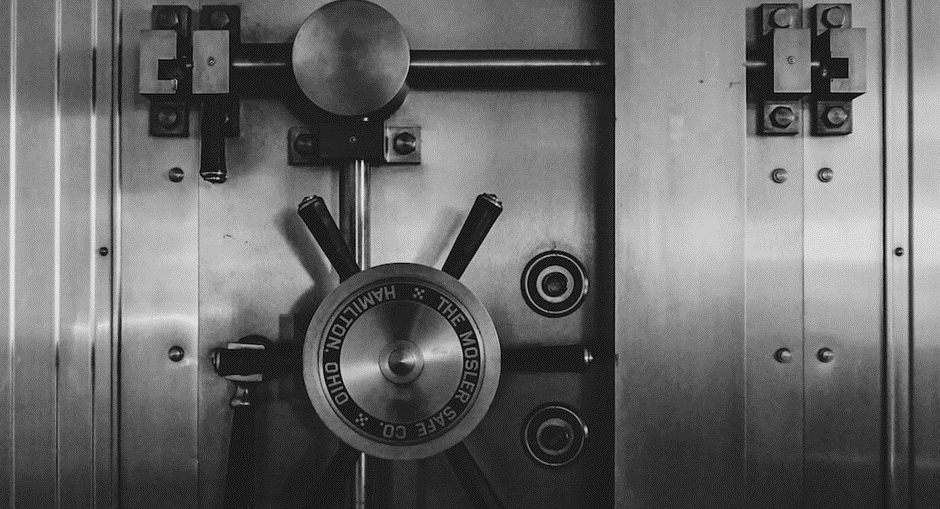In recent meetings, the FDIC has proposed new rules that would require big banks to hold more cash to prevent financial disasters like bank runs. The rules would apply to banks with $100 billion or more in assets and would increase core capital requirements by 16%, which covers the top 30 banks in the U.S. While the new rules would make banking safer, they could also make it harder for small and medium-sized businesses to borrow money. The banking industry is naturally opposed to the changes, arguing that they'll drive business to shadow banks. The plan is still in the development phase, but it may be the trade-offs the banks need to prevent another turmoil.
EQUITY
Major U.S. stock indices opened higher but disappointed after 10-year yields jumped above 4% on a report that the Bank of Japan plans to tweak its yield curve control policy. Ebay had the worst day with a 10% drop after Morgan Stanley valued it at $34, 20% lower than its current price. On the flip side, Align Tech jumped 13% on strong demand for Invisalign aligners, especially among younger social media users, and raised its revenue outlook.
GOLD
Gold prices are heading for their biggest weekly decline in five weeks as strong US economic data and high interest rates make the asset less attractive. However, top central banks are now taking a more cautious stance on rate hikes, signalling that the year-long monetary tightening cycle may be ending soon, which could eventually support gold. Analysts predict continued economic resilience will keep gold prices subdued through the end of 2023.
OIL
WTI crude topped $80/barrel, the highest since April, as US Q2 GDP growth of 2.4% eased demand concerns while OPEC+ cuts and Saudi voluntary reductions tightened supply. Prices have risen 13% in July on perceptions of a tightening market, with the IEA forecasting H2 2023 demand exceeding supply by 1.7 million bpd.
CURRENCY
The yen rallied on bets that the Bank of Japan may fine-tune its yield curve policy, while the greenback held gains following upbeat U.S. data. The BOJ is seen sticking to ultra-low rates but tweaking yield control to extend its lifespan, with Nikkei reporting it would keep a 0.5% cap on 10-year yields but let longer-term rates rise above it. The euro retreated after the ECB hinted at a divisive action, while the data clearly pointed towards a pause.













